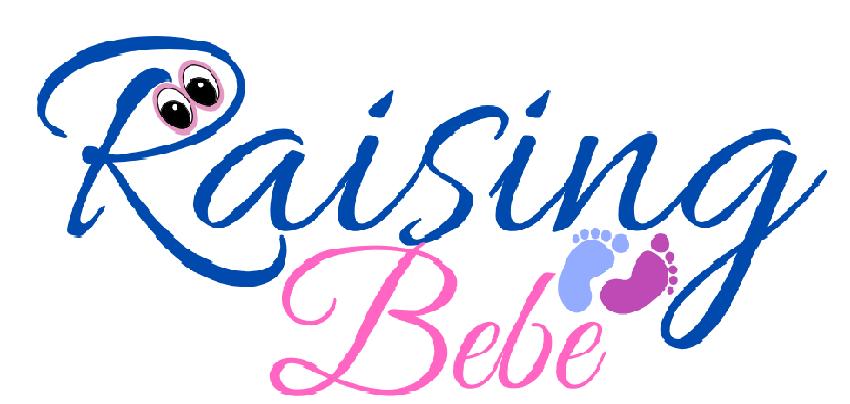Becoming a mother is a beautiful journey, but it also comes with emotional ups and downs. Many moms experience mood swings, anxiety, or sadness after childbirth, commonly known as managing baby blues. While these feelings are normal, having the right support and strategies can make a big difference. In this guide, we’ll share practical tips to help moms navigate this phase with confidence, self-care, and emotional well-being.
Understanding Baby Blues
The baby blues refer to a short-lived emotional adjustment period after childbirth. Studies suggest that up to 80% of new mothers experience some form of baby blues, typically within the first 3 to 10 days after delivery.
Causes of Baby Blues
Several factors contribute to this emotional state, including:
- Hormonal fluctuations: A rapid drop in estrogen and progesterone levels after childbirth can lead to mood swings and emotional sensitivity.
- Sleep deprivation: Newborns require frequent feedings, leaving mothers exhausted and mentally drained.
- Emotional adjustments: Becoming a mom is a major life change, bringing both excitement and anxiety.
- Physical recovery: The body undergoes significant healing after childbirth, which can add to stress and discomfort.
- Feelings of isolation: Many new moms feel disconnected from their previous routines and social circles.
Common Symptoms
Baby blues can manifest in different ways, including:
- ✅ Mood swings and irritability
- ✅ Crying spells for no apparent reason
- ✅ Feeling overwhelmed or anxious
- ✅ Difficulty sleeping, even when the baby is asleep
- ✅ Trouble concentrating or making decisions
Unlike postpartum depression (PPD), which is more severe and long-lasting, baby blues usually improve within two weeks. However, it’s still important to take proactive steps to manage these emotions.
Practical Tips for Managing Baby Blues

1. Prioritize Rest and Sleep to Reduce Baby Blues
Lack of sleep can amplify stress and anxiety. While getting a full night’s sleep might not be realistic, consider these strategies:
- 💤 Nap when your baby sleeps – Even short 20-minute naps can help.
- 🤱 Share nighttime duties – If possible, ask your partner or a loved one to help with night feedings.
- ⏳ Don’t overcommit – Focus on essential tasks and let go of perfectionism.
2. Seek Support from Loved Ones
Motherhood can feel overwhelming, but you don’t have to go through it alone. Surround yourself with supportive people who uplift you.
- ❤️ Talk about your feelings – Share your emotions with a partner, friend, or family member.
- 🏠 Accept help – Let others assist with household chores, cooking, or childcare.
- 💬 Join a support group – Connecting with other moms can help you feel understood and less alone.
3. Maintain a Healthy Diet
Your body needs proper nutrition to recover and maintain emotional balance.
- 🥗 Eat balanced meals – Focus on protein, whole grains, and fresh vegetables.
- 💧 Stay hydrated – Dehydration can contribute to fatigue and mood swings.
- ☕ Limit caffeine and sugar – These can cause energy crashes and worsen mood swings.
4. Take Time for Self-Care
Caring for yourself is just as important as caring for your baby.
- 🛁 Take a warm bath – It helps relax muscles and reduce stress.
- 🎶 Listen to music or a podcast – A small escape can do wonders for your mood.
- � Practice deep breathing or meditation – Just a few minutes can help calm your mind.
5. Get Fresh Air and Light Exercise
Movement and fresh air can work wonders for mental health.
- 🚶 Go for a short walk – Even a 10-minute stroll can boost your mood.
- 🌞 Get some sunlight – Natural light helps regulate sleep and improve mood.
- 💪 Do gentle stretches – Helps relieve tension and promote relaxation.
6. Talk to Other Moms
Connecting with other mothers can remind you that you’re not alone in this journey.
- 👩🍼 Join a local or online mom group – Sharing experiences can be incredibly reassuring.
- 📱 Stay connected – A quick chat with a friend can brighten your day.
- 🎭 Attend mommy-and-baby classes – It’s a great way to bond with your baby and meet others.
When to Seek Professional Help for Postpartum Depression ?

While baby blues in new moms typically improve within two weeks, some mothers experience prolonged or severe symptoms. These could indicate postpartum depression. Seek professional help if you notice:
- Persistent feelings of sadness or hopelessness
- Difficulty bonding with the baby
- Severe anxiety or frequent panic attacks
- Loss of interest in activities you once enjoyed
- Thoughts of self-harm or harming the baby
If these symptoms arise, reach out to a doctor, therapist, or mental health professional. Seeking help is a sign of strength, and early intervention makes recovery easier.
Conclusion:
Managing baby blues requires patience, self-care, and emotional support. Although this phase is temporary, proactive steps can ease the transition into motherhood. Remember, you are not alone. By prioritizing rest, seeking support, and practicing self-care, you can regain balance and fully embrace the joys of motherhood.

